1. ALF (1986–1990)
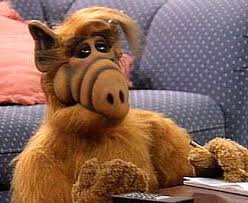
Not every series becomes an evergreen hit. Some shows lit up the screen for a few years, earned passionate fans, or even defined a season only to fade from memory when the cultural spotlight shifted. ALF was one of those shows. The wisecracking alien from Melmac quickly became a household name, showing up on lunchboxes and T-shirts everywhere. Kids loved him, parents tuned in, and NBC had a hit. But when it ended, the novelty wore thin. ALF is remembered today as a curious relic of 1980s TV that never really stood the test of time.
2. Moonlighting (1985–1989)
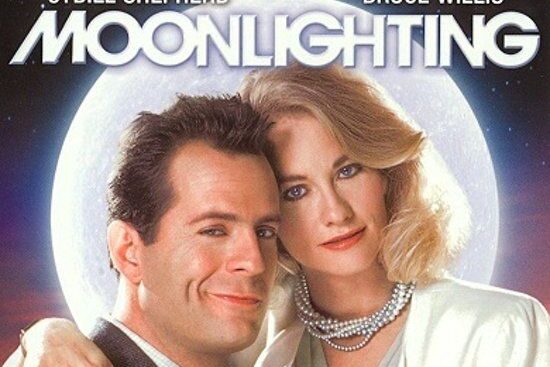
Moonlighting felt electric when it first aired. Bruce Willis and Cybill Shepherd brought a sparkling chemistry that had viewers hooked every week. The show mixed mystery, romance, and comedy with a flair that was bold for the time. It even played with the rules of TV storytelling, often breaking the fourth wall in ways that kept fans talking. Yet the tension behind the scenes eventually showed. Feuds and uneven storylines dragged it down, and what had once been groundbreaking turned into a show that slowly slipped into the background of television history.
3. Suddenly Susan (1996–2000)
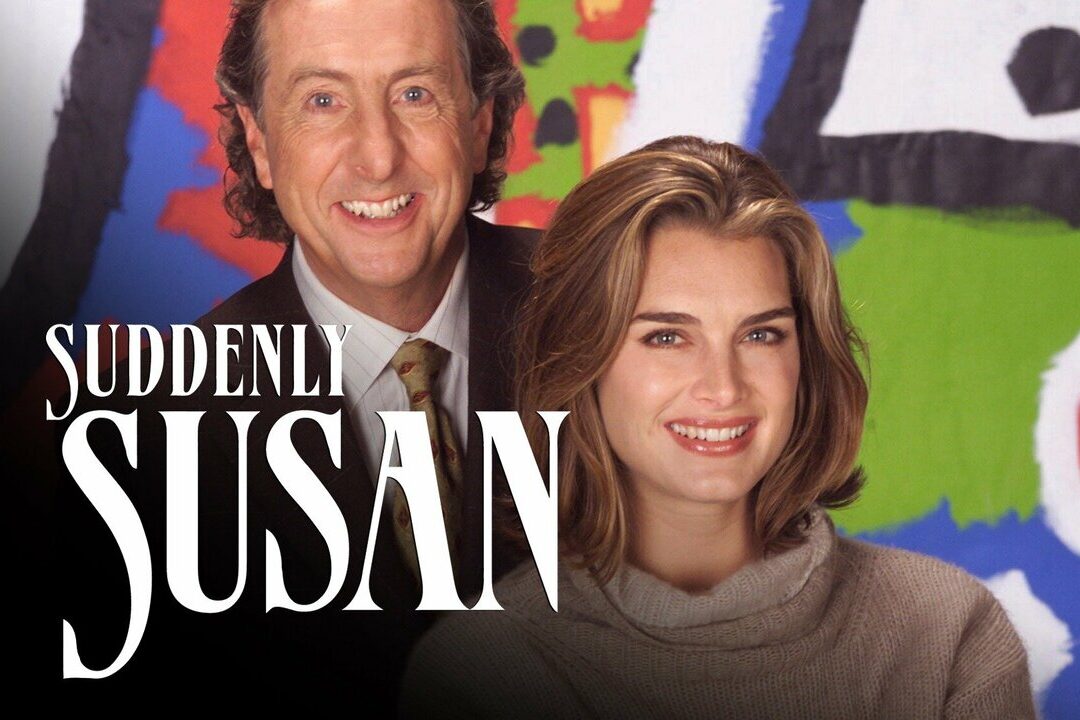
At the height of NBC’s Must See TV era, Suddenly Susan arrived with Brooke Shields at the center. For a moment, it looked like another crown jewel for the network. The premise was lighthearted, following Susan as she restarted her life after ditching her fiancé. Millions tuned in at first, curious to see Shields in a sitcom setting. But compared to stronger shows airing alongside it, the formula soon wore thin. It faded quickly and is rarely brought up today, another example of a show that never rose above its crowded Thursday night neighbors.
4. Caroline in the City (1995–1999)
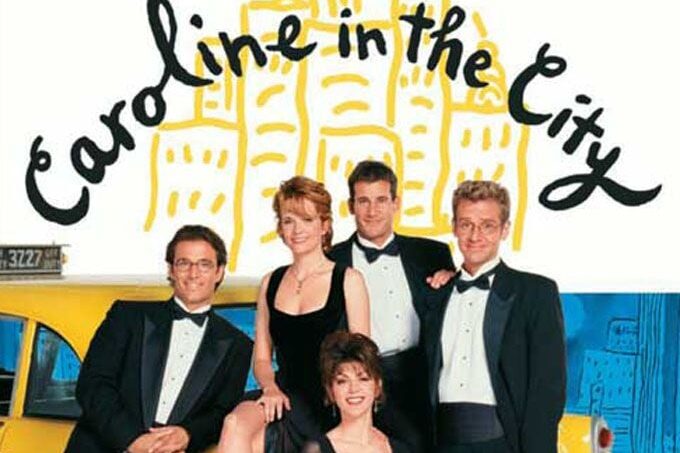
Caroline in the City seemed to have all the right ingredients for sitcom success. Lea Thompson was a beloved star, the setup of a quirky cartoonist living in New York had charm, and NBC gave it a strong slot in its lineup. The show even enjoyed award recognition early on. But it struggled to stand out against powerhouse sitcoms of the time. Once canceled, it disappeared almost entirely from reruns, leaving it easy to forget. Today, it exists more as a faint memory of 1990s television than a show that truly left a mark.
5. Perfect Strangers (1986–1993)

There was a time when Perfect Strangers had America repeating catchphrases. Larry and Balki, mismatched cousins living together, embodied the classic sitcom odd couple dynamic. With Balki’s cheerful nature and Larry’s uptight ways, the show created simple but relatable comedy that families enjoyed. For years, it was a key part of ABC’s lineup and even paved the way for Family Matters. Still, once it ended, it didn’t live on in the same way as other classics. Its memory has faded for many, leaving only a trace of how popular it once was.
6. My So-Called Life (1994–1995)
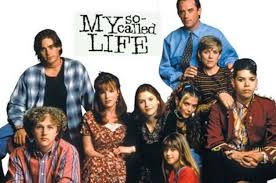
My So-Called Life resonated deeply with the teens who watched it, even though it only lasted one season. Claire Danes brought Angela Chase to life with raw honesty, and Jared Leto’s Jordan Catalano became the brooding crush of the era. The show explored adolescence with a level of realism rarely seen at the time. Critics loved it, but the network pulled the plug too soon. Fans still talk about how it deserved more, yet for many casual viewers, it slipped from memory almost as quickly as it appeared on screen.
7. Pushing Daisies (2007–2009)
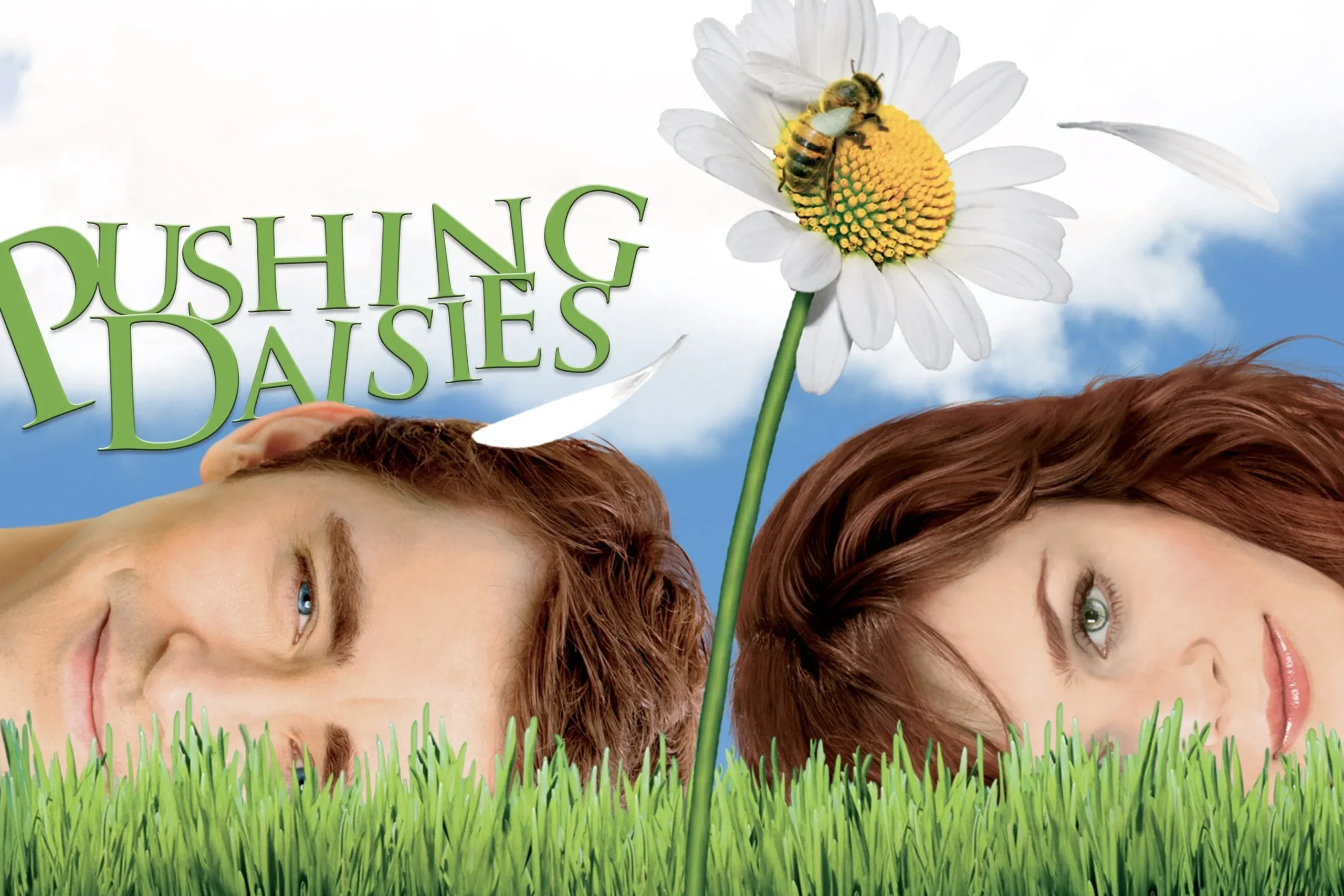
Pushing Daisies stood out immediately because it looked and felt different from everything else on television. The story of a pie maker who could bring people back to life with a touch was quirky, sweet, and beautifully told. Its candy-colored sets, whimsical narration, and heartfelt romance gave it charm that critics and audiences noticed right away. Unfortunately, the timing of the 2007 writers’ strike cut its growth short. While it attracted a small but loyal following, mainstream audiences moved on quickly. Today, Pushing Daisies feels like a delightful fairytale series that vanished before it truly had the chance.
8. Heroes (2006–2010)
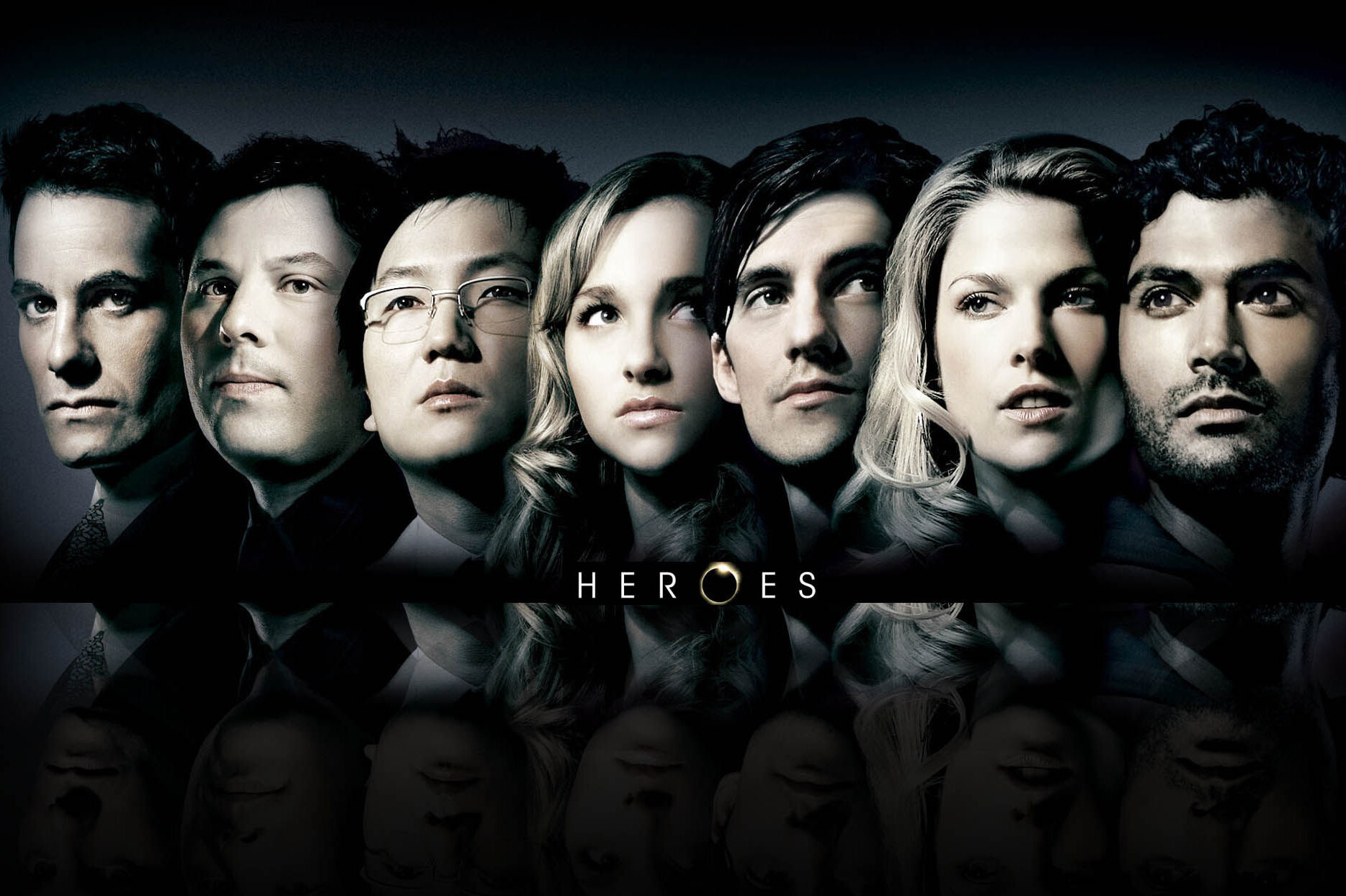
For one shining season, Heroes felt like the most exciting show on television. Ordinary people discovering extraordinary powers created a story that had audiences glued to their screens. The phrase “Save the cheerleader, save the world” was repeated everywhere. Unfortunately, the series could not maintain its momentum. Complex plots grew messy, and character arcs lost direction. A reboot years later could not capture the same spark. Heroes remains remembered as a cautionary tale about wasted potential, a show that briefly had the world watching before it collapsed under its own weight.
9. Dharma & Greg (1997–2002)
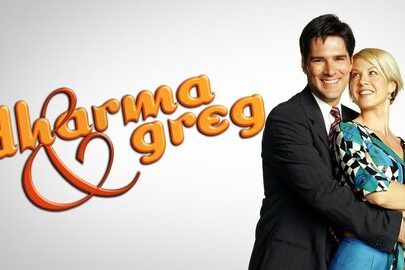
Dharma & Greg brought together a free-spirited yoga teacher and a straight-laced lawyer in a quirky sitcom about opposites finding love. Jenna Elfman and Thomas Gibson delivered charm, and audiences enjoyed watching their cultures clash. At first, the formula worked, and the series found success with its lighthearted approach. But as time went on, the premise grew repetitive and ratings dipped. By the time it ended, it had slipped into obscurity. While fondly remembered by some, Dharma & Greg has mostly faded from conversations about the great sitcoms of its time.
10. Northern Exposure (1990–1995)
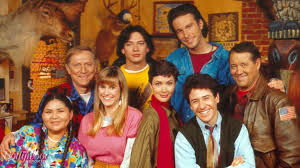
Northern Exposure stood out for its unusual blend of drama and comedy, set against the backdrop of small-town Alaska. A big city doctor adjusting to rural life gave the show its hook, but it was the quirky supporting characters that truly made it shine. For a few years, it was beloved and even award-winning. Yet after its cancellation, it struggled to stay alive in reruns. Other shows took its place in pop culture memory. Today, Northern Exposure exists as a faded gem, warmly remembered by those who watched but rarely discussed.
11. Ally McBeal (1997–2002)
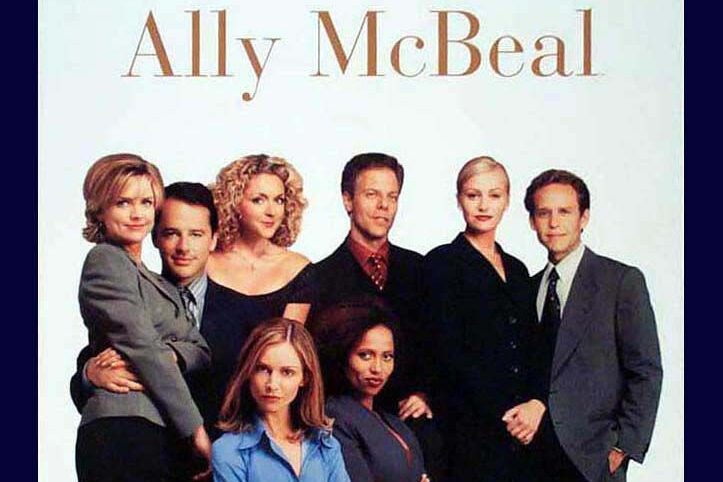
Ally McBeal was once a cultural phenomenon. From its quirky courtroom stories to the unforgettable dancing baby, the show had a style that stood out. Calista Flockhart’s portrayal made her a household name, and the series sparked conversations about women balancing career and personal life. At its peak, everyone seemed to be talking about it. Yet once the novelty wore off, its cultural grip loosened quickly. Few people revisit it today, even though it dominated discussions in the late 1990s. It remains a reminder of how quickly trends can fade.
12. The Wonder Years (1988–1993)
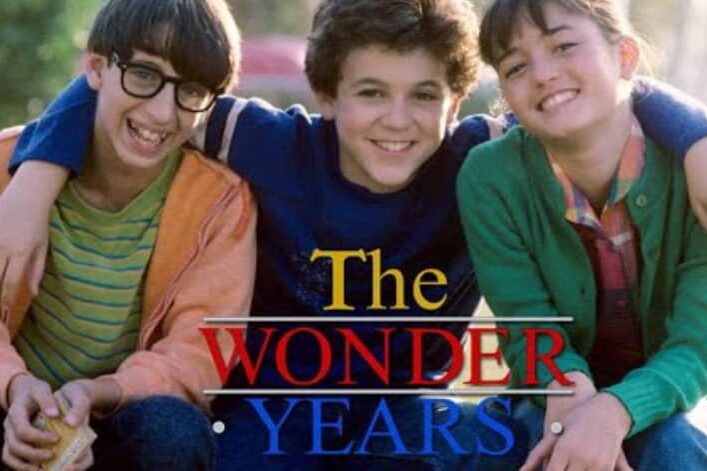
The Wonder Years tugged at the heartstrings of families everywhere. Kevin Arnold’s coming-of-age story in the late 1960s and early 1970s blended humor, nostalgia, and growing pains with a perfect balance. Audiences connected deeply, and it became a television classic during its run. However, after it ended, reruns were limited, partly due to music rights issues. As time passed, other shows filled the spotlight. While still cherished by fans who grew up with it, The Wonder Years has become more of a gentle memory than a constant presence in today’s culture.
13. 3rd Rock from the Sun (1996–2001)
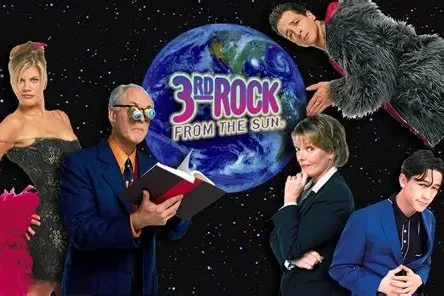
3rd Rock from the Sun gave audiences a hilarious take on aliens living undercover as humans. John Lithgow and his castmates brought an energy that made the series both outrageous and clever. For a while, it was a strong ratings hit and even picked up awards for its cast. But once the show ended, its zany humor did not carry over in reruns as strongly as other sitcoms. Over time, it became one of those series people recall fondly in passing rather than one revisited regularly in conversation or streaming.
14. Boston Legal (2004–2008)
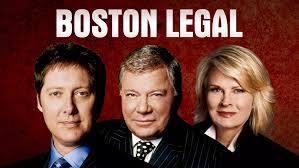
Boston Legal blended sharp courtroom drama with moments of absurd comedy, led by standout performances from James Spader and William Shatner. It was stylish, witty, and at times surprisingly emotional, tackling big issues while keeping viewers entertained. The series earned praise and awards, carving out a space for itself in the early 2000s. Yet despite its success, it never achieved the same lasting recognition as longer-running legal dramas. After its finale, it slipped quietly into the background, remembered mostly by dedicated fans and those who enjoyed its unique voice.
15. Quantum Leap (1989–1993)
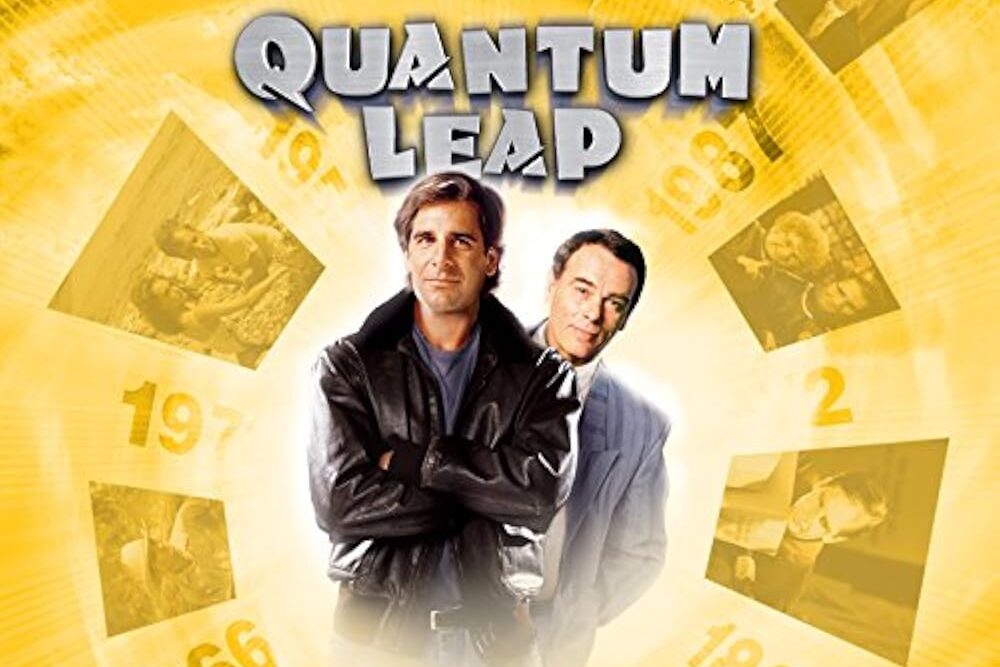
Quantum Leap offered viewers a new adventure every week as Scott Bakula’s character leapt into different lives, striving to make things right. It combined science fiction with heartfelt storytelling, and audiences connected with its mix of excitement and emotion. The show built a loyal following, but after its run ended, it did not carry the same cultural weight as other sci-fi hits. Though it inspired later shows and even a reboot, Quantum Leap remains more of a nostalgic favorite than a mainstream classic that continues to capture attention today.
16. Spin City (1996–2002)
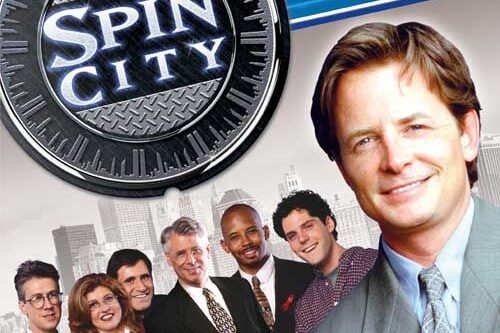
Spin City thrived in the late 1990s by mixing political satire with sitcom energy. Michael J. Fox led the show with charisma, playing New York’s deputy mayor balancing chaos at work with humor. His presence made the show shine, and viewers connected with the clever writing. When Fox left due to his health, Charlie Sheen stepped in, but the shift changed the tone and the show slowly lost its place. By the end, it had slipped away quietly. Today, Spin City is remembered fondly for Fox’s role rather than as a sitcom that stood the test of time.
17. Knots Landing (1979–1993)
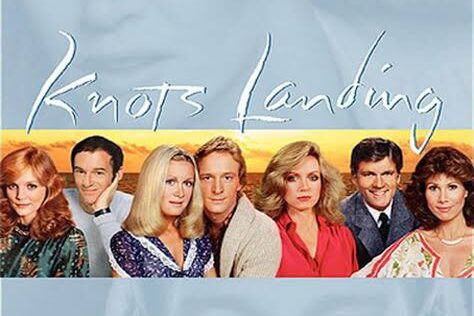
Knots Landing stretched across 14 seasons, longer than its parent series Dallas, yet it never held the same lasting spotlight. Focused on suburban drama, it followed lives, loves, and scandals in a California cul-de-sac. During its run, it found popularity and consistent viewers, thriving as a dependable prime-time soap. But unlike Dynasty or Dallas, it did not retain cultural traction once it ended. Today, it feels like a piece of trivia from television history, recalled by devoted fans but largely invisible in the broader conversation of classic television shows.
18. Coach (1989–1997)
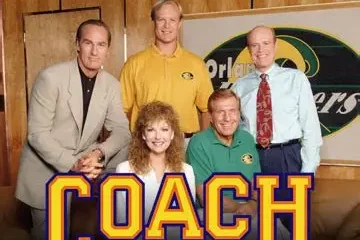
Coach starred Craig T. Nelson as Hayden Fox, a gruff yet lovable football coach balancing his team and personal life. The show struck the right balance between sports comedy and family heart, earning awards and loyal audiences. For nearly a decade, it delivered laughs and touching moments. But after it ended, it never found the same rerun life as bigger shows from the same period. Compared to sitcom giants, it faded from cultural memory, leaving Coach as one of those winners that never quite stayed in the spotlight.
19. Eight Is Enough (1977–1981)
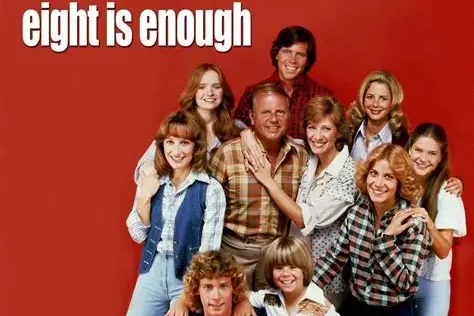
Eight Is Enough brought the ups and downs of the Bradford family into American homes, combining humor with heartfelt drama. It was relatable, charming, and for a while, popular enough to spark TV movies later. Still, it never became the iconic staple that other family shows did. It fit the moment but did not carry far beyond it. Over time, its presence dimmed, overshadowed by shows with stronger staying power. Today, it lingers as a faintly remembered part of 1970s television, rarely discussed unless someone specifically brings it up.
20. CHiPs (1977–1983)

CHiPs gave audiences action, motorcycles, and the charisma of Erik Estrada as Ponch. The California Highway Patrol setting made it a staple of weekend viewing for years. Families tuned in for car chases and light drama, and it earned its spot as a recognizable show of its time. Yet when it ended, the stories did not carry much weight beyond the flashy rides and Estrada’s smile. Today, CHiPs is remembered warmly but briefly, more for its style than for anything deeper. Like many shows, it quietly rode into memory.
These shows prove that TV fame can be fleeting. A hit today might be forgotten tomorrow, buried under the weight of newer series and fresher trends. Yet rediscovering them offers a nostalgic reminder: sometimes the shows we leave behind still deserve another look.
This story 20 TV Shows We Loved Once and Then Forgot About was first published on Daily FETCH


